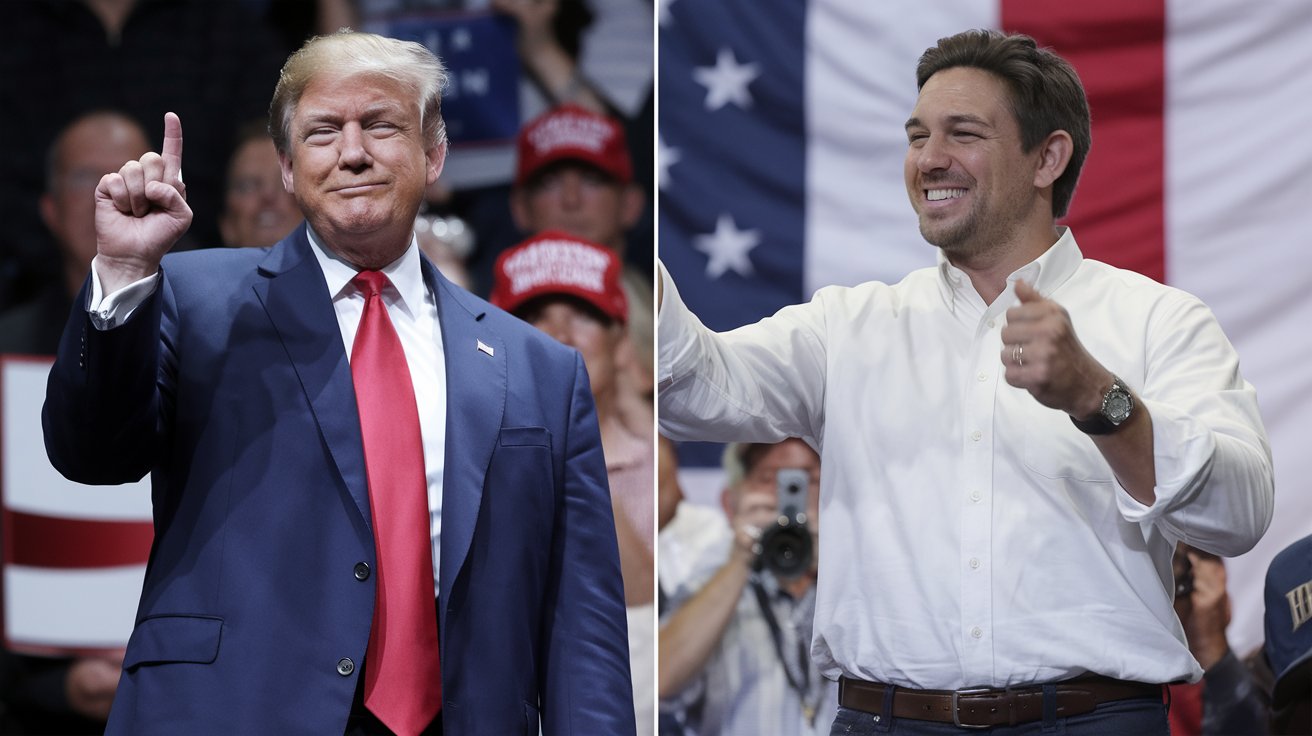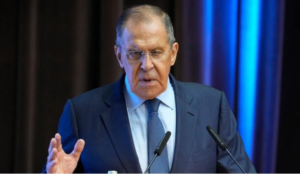Trump vs. DeSantis: Inside the GOP’s Growing Rift and What It Means for 2024
The 2024 U.S. presidential election is already heating up, and the growing rift between Donald Trump and Ron DeSantis is at the center of the Republican Party’s internal struggles. As both figures vie for dominance within the GOP, their rivalry is shaping the future of the party and the political landscape of the United States. This article dives deep into the dynamics of this clash, its implications for 2024, and how it could influence the broader electoral strategy of the Republican Party.
Table of Contents
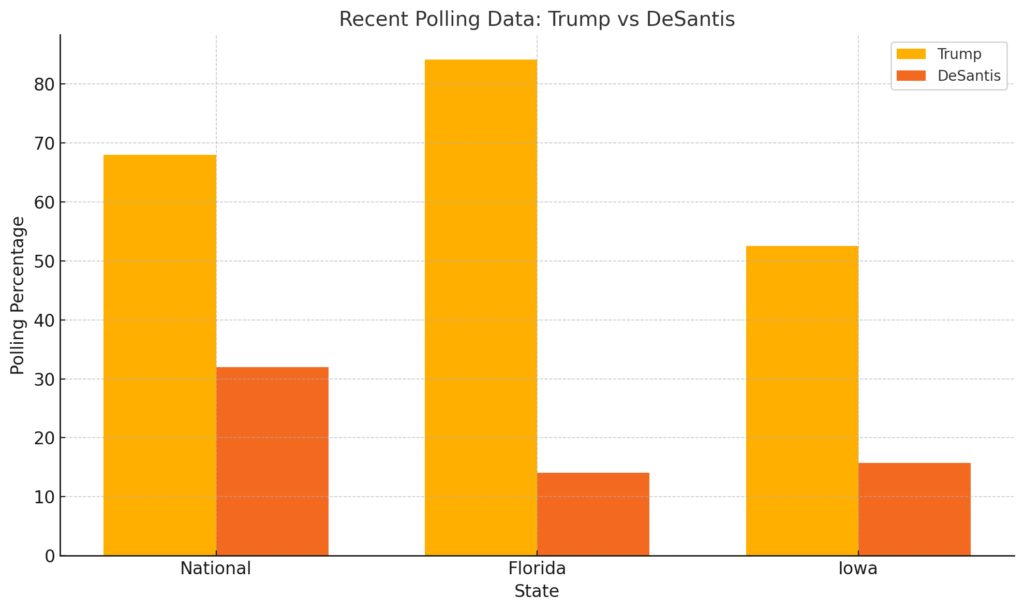
The Rising Tensions Between Trump and DeSantis
Donald Trump, the former president and de facto leader of the GOP, has long been the party’s most influential figure. However, Florida Governor Ron DeSantis has emerged as a formidable contender, gaining traction among conservatives for his policies on education, COVID-19, and cultural issues. While Trump remains the frontrunner for the 2024 Republican nomination, DeSantis’s rising popularity has created a palpable tension within the party.
Recent polls indicate that DeSantis is closing the gap with Trump in key states, particularly among younger Republicans and suburban voters. According to a Morning Consult survey, Trump leads DeSantis by just 15 percentage points among GOP voters, down from a 30-point lead earlier this year. This shift underscores the growing appeal of DeSantis as a potential alternative to Trump.
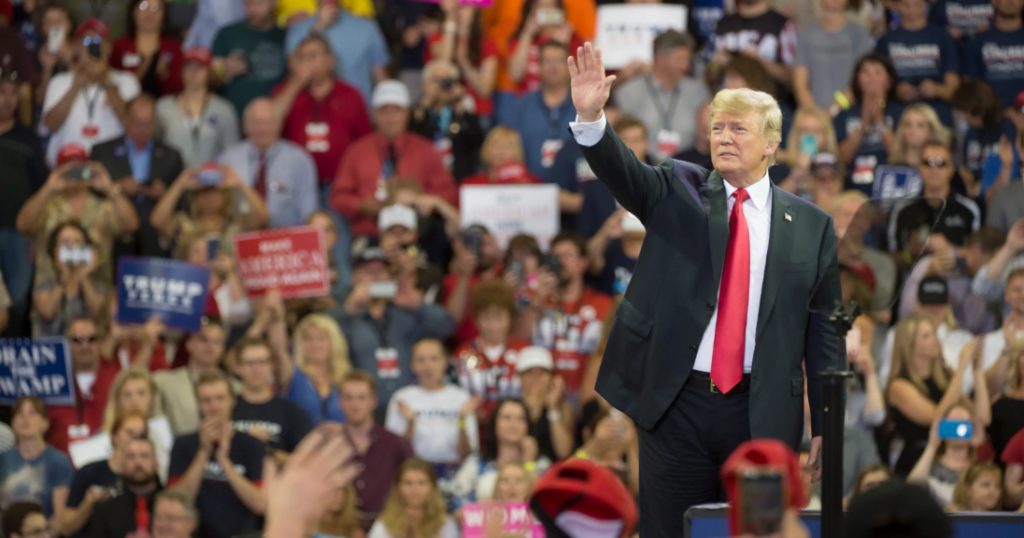
What This Rift Means for the GOP
The Trump vs. DeSantis rivalry is more than just a personal feud; it represents a broader ideological battle within the Republican Party. Trump’s populist, America-first agenda has dominated the GOP since 2016, but DeSantis’s focus on state-level governance and cultural conservatism offers a different vision for the party’s future.
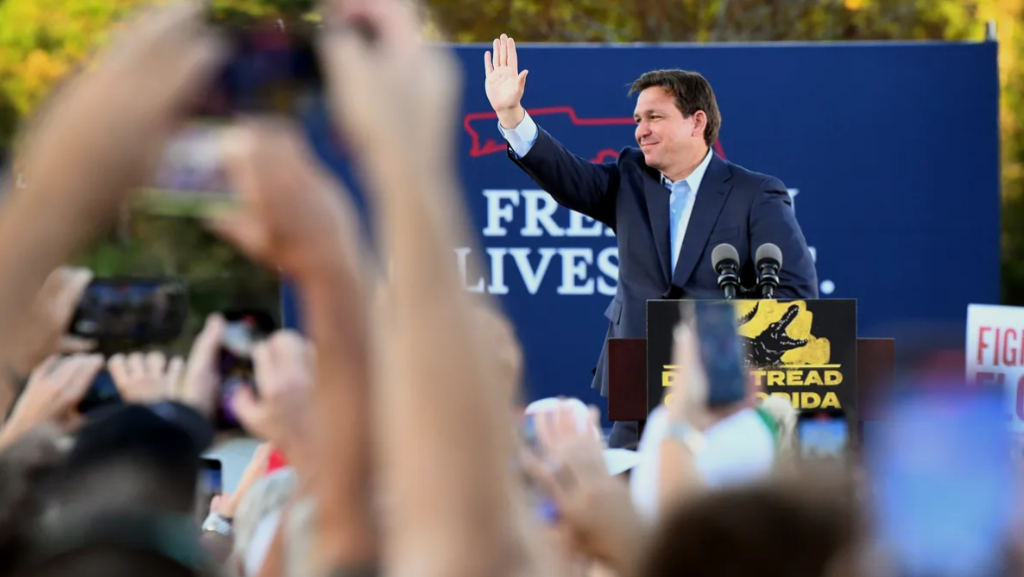
Some Republicans believe DeSantis could unite the party by appealing to both Trump loyalists and moderate conservatives. Others argue that a divided GOP could weaken its chances in the 2024 general election, especially if the infighting leads to a fractured base.
Key Issues Driving the Divide
- Electability: While Trump remains popular among the GOP base, some Republicans worry about his electability in a general election. DeSantis, on the other hand, is seen as a more disciplined and less polarizing figure who could attract independent voters.
- Policy Differences: Trump’s focus on trade, immigration, and foreign policy contrasts with DeSantis’s emphasis on education, healthcare, and cultural issues. These differences highlight the varying priorities within the party.
- Leadership Style: Trump’s confrontational approach has energized his base but alienated some voters. DeSantis’s more measured style appeals to those seeking a less chaotic leadership model.
Recent polls indicate that DeSantis is closing the gap with Trump in key states, particularly among younger Republicans and suburban voters. According to a Morning Consult survey, Trump leads DeSantis by just 15 percentage points among GOP voters, down from a 30-point lead earlier this year. For more detailed insights into voter preferences and party dynamics, refer to this comprehensive analysis by Pew Research Center: Pew Research Center – GOP Voter Trends. This shift underscores the growing appeal of DeSantis as a potential alternative to Trump.
The Road to 2024
As the 2024 election approaches, the GOP faces a critical decision: stick with Trump or pivot to DeSantis. Both candidates have their strengths, but the party must weigh the risks of division against the potential rewards of a unified strategy.
One thing is clear: the outcome of this internal struggle will have far-reaching implications for the Republican Party and the future of American politics.
Conclusion
The Trump vs. DeSantis rivalry is reshaping the Republican Party and setting the stage for a pivotal 2024 election. As the GOP navigates this internal conflict, the choices it makes will determine its ability to unite and compete on the national stage. By understanding the dynamics at play, voters and political analysts alike can better anticipate the future of American politics. [USnewsSphere.com]


